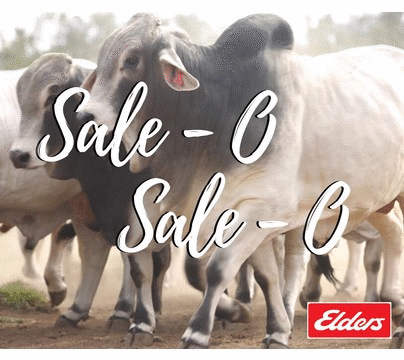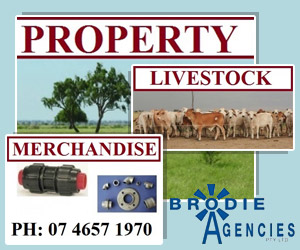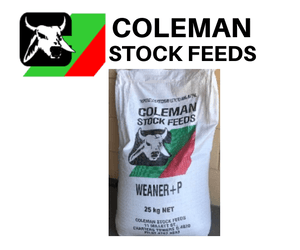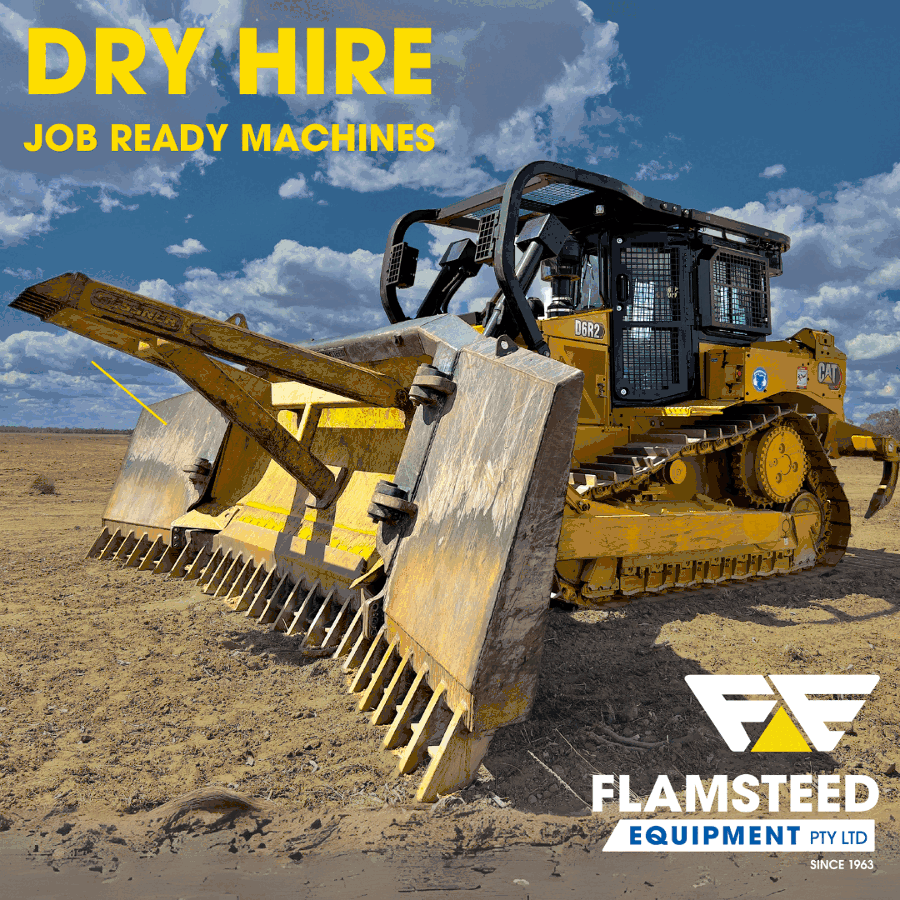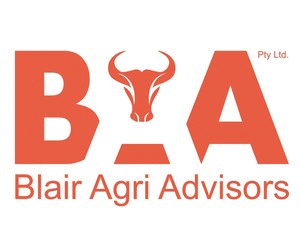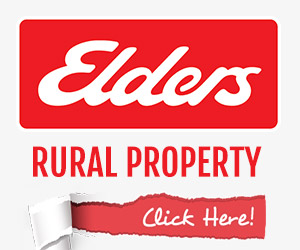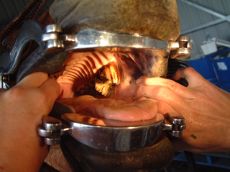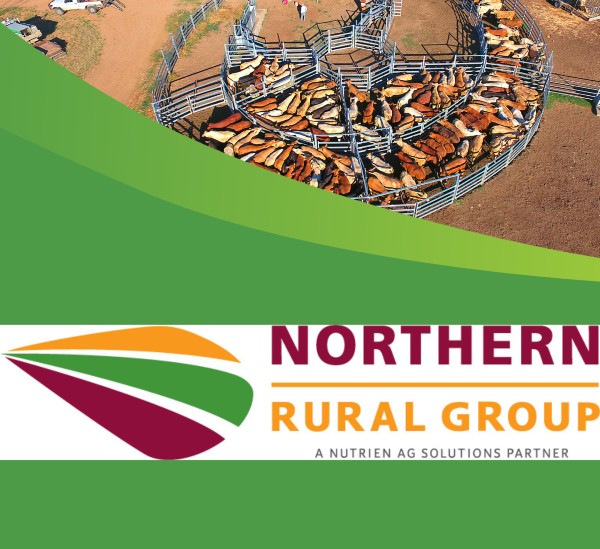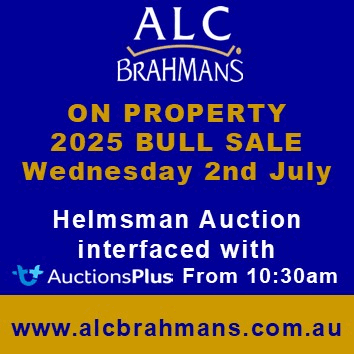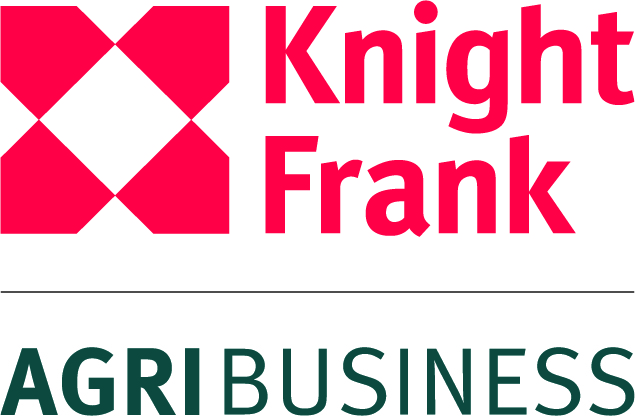Ian Wharton Equine Dentistry
Don’t waste any opportunity to receive what is right for your horse.
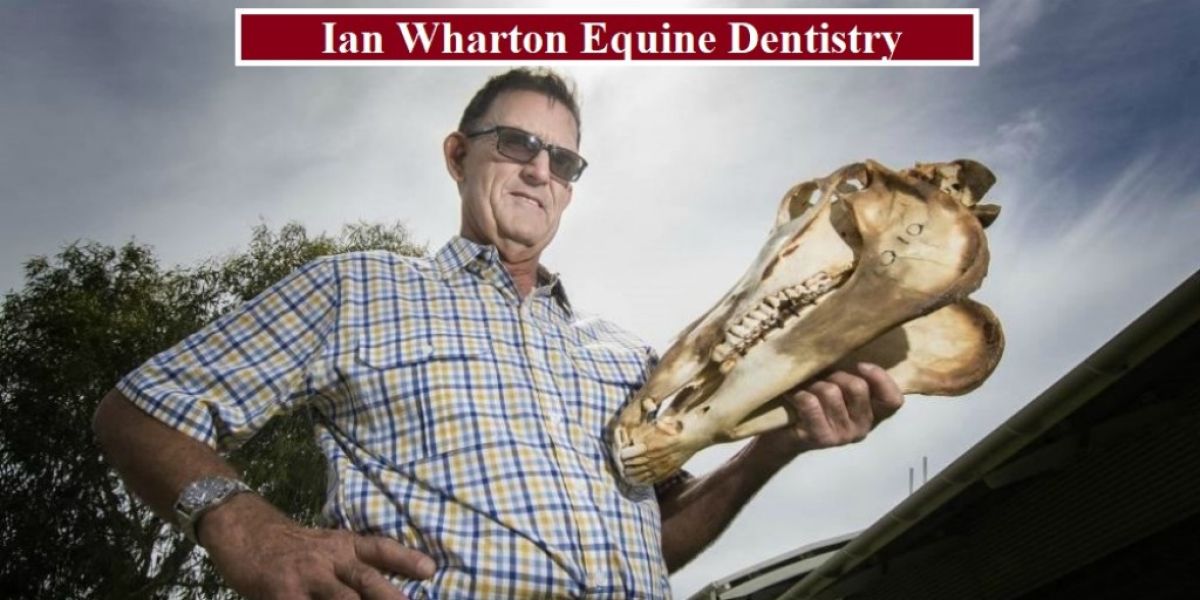
Ian Wharton Equine Dentistry
Ian Wharton is a world renowned fully qualified equine dentist with many years of experience. Ian’s knowledge regarding the benefits of proper function of your horse’s teeth and the cause and effect on performance and mastication is second to none.
Ian visits most areas throughout Australia on a regular six-monthly basis. If you are interested in having Ian tend to your horse’s teeth, don’t hesitate to call him to arrange a visit.

Ian has educated students from all over the world in the correct techniques and procedures of “Whole of Mouth” equine dentistry.
Give yourself and your horse the performance “edge” in the arena.
Dental Expertise Promotes A Healthy, Responsive Horse!
Ian Wharton is dedicated to helping horses by performing whole mouth, performance dentistry and by teaching others the correct procedures of equine dental equilibration.
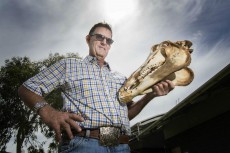
Equine dental equilibration is the art and science of balancing a horse’s teeth to enhance mastication, nutrition and performance. It is a far cry from the well known ‘floating’ which is the mere removal of some sharp edges throughout the mouth.
Anyone who owns or trains a horse is encouraged to take the opportunity to learn about the horse’s mouth and the reasons as to why whole-of-mouth dental equilibration is so important.
You may think “Oh, my horse is OK, I get his/her teeth done”… But have you ever been given the opportunity to feel or look right to the back of your horse’s mouth? Do you know the types of problems that can cause pain and suffering for your horse?
There may be no outward indication of the problems that some horses have adjusted to. Correct dental practices performed by Ian Wharton improve horses’ behavior, performance and muscle distribution.
Why does your horse need dentistry?
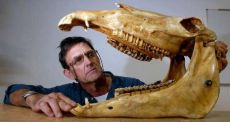
People have taken horses out of their natural (wild), semi-arid environment and enclosed them in paddocks and stalls, meaning they need to be fed with processed feeds (hay and grain), and even the paddock grasses grown in most areas are very soft and don’t require much mastication.
These processed feeds, the soft grasses, not being able to graze up to 18 hours per day, and feeding above ground level all contribute to irregular eruption and wear patterns amongst the teeth.
Other contributing factors can be occurrences such as genetics, retained caps (baby teeth) and injuries to other parts of a horse’s body.
Did you know that a past leg injury could have affected your horse’s teeth, and vice versa?
Some of the horrific and painful consequences to your horse’s teeth include:
Temporo-mandibular Joint pain and inflammation that causes the horse to be difficult or unsteady on the bit and head shy.
Hooks and ramps that prevent your horse being able to hold a rounded outline. They can become so long that they gouge into the gum and even into bone causing severe pain.
Long incisors can cause such a problem that they prevent the cheek teeth from touching which means your horse cannot chew correctly.
Sharp points on the inner and outer edges of the cheek teeth create lacerations and ulcers that are painful enough without the added pressure from a bridle.
Failure to be able to grind properly meaning that food is wasted and even worse life threatening colic occurs from impacted food.
What are the benefits of performance dentistry?
All round comfort for the horse and therefore enhanced performance.
Reduced bit evasions including: mouth opening, bit chewing, pushing through the bit, tilting head, reluctance to turn one way etc.
Improved behavior.
Better and more even muscle distribution and movement.
Horse that is able to stay ‘on the bit’ and perform in a rounded outline.
Lower feed bill as your horse will be able to use more of the nutrients contained in its feed and waste less.
Don’t waste any opportunity to receive what is right for your horse.
Contact:
Ian Wharton: Mobile 0428 425 379
